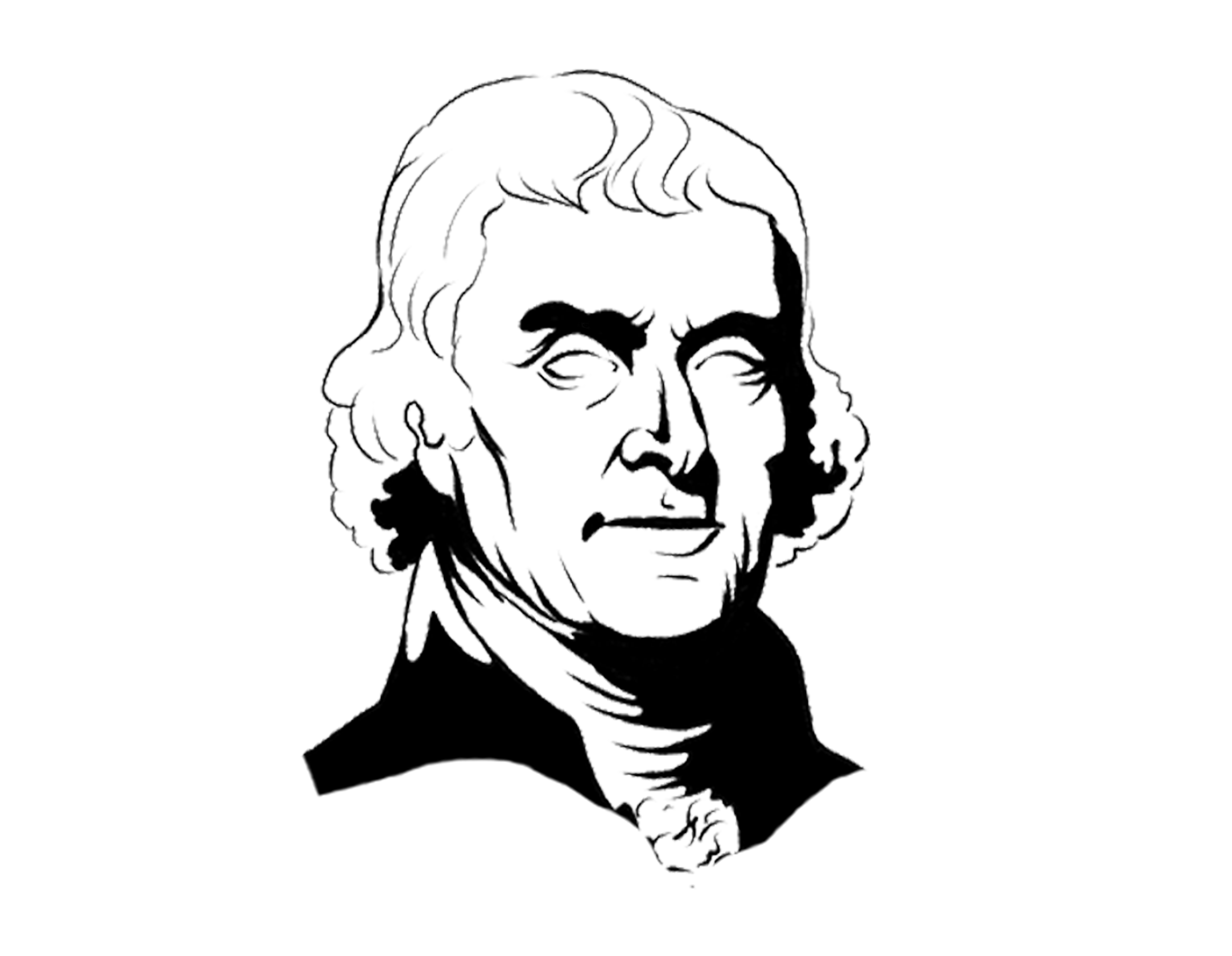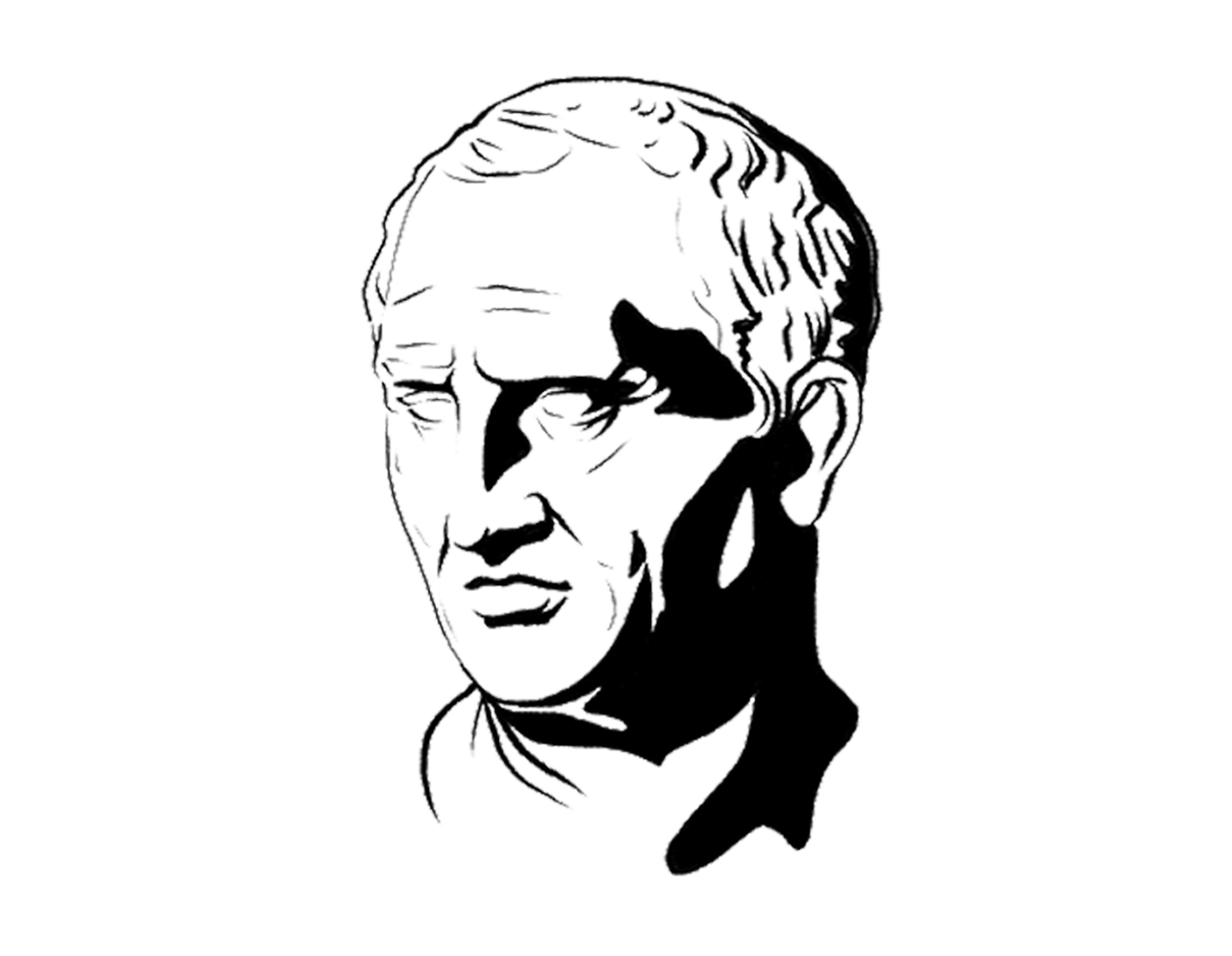
Grammar
It may be truly said that the classical languages are a solid basis for most, and an ornament to all the sciences.
—Thomas Jefferson to John Brazier, 1819. ME 15:211
An extremely important branch of this program is the study of Latin. It begins in the first year and continues through the full four years. Learning a foreign language is always beneficial, but those benefits are multiplied many times when the language is Latin. Not only is a large percentage of our mother tongue derived from Latin (principally through French) but key political, legal, and medical terms have been brought over directly. But a familiarity with these terms can be learned from a pocket dictionary—the real benefits of studying Latin spring from the nature of the language itself. Understanding the logic of Latin shapes and refines the logical abilities of the students’ minds in a way that many other languages, particularly modern languages cannot do. Latin is a declined language, which means that not only do the verbs change form, but the nouns do also. The shape of the word tells you its function rather than its place in the sentence, which can and does change frequently. For this reason, one must understand what the word is doing from the clues the word gives, rather than just relying on a familiar pattern. Many English speakers falter as soon as they try to form a complex sentence because they don’t have the proper foundation for it, but a study of Latin provides the necessary basis to speak eloquently and coherently, and to think logically and rigorously.
Poetry
Painting is poetry that is seen rather than felt, and poetry is painting that is felt rather than seen.
―Leonardo da Vinci
Although poetry is often dismissed as impractical and frivolous by modern education that focuses on skills rather than the development of the soul, in a classical education it must hold a central role. This is not only because so many of the greatest works of world literature such as the Iliad, Aeneid, and nearly a third of the Old Testament are written in poetry, but because poetry is transformative and helps one to interact with reality on a level deeper than is possible in prose. Poetry is language intensified in which thought, mood and feeling are distilled to their essence and can speak in primal and visceral ways that transcend plain communication. Because poetry is allusive rather than straightforward, the study of it develops critical thinking and its rhythms and imagery help strengthen the memory.


Rhetoric
I can think of nothing more agreeable to the brain and the ear than a speech adorned and embellished with wise thoughts and fine language.
—Cicero, On the Orator, Vol. I, Ch. 8
Rhetoric is simply the art of persuasion, but it is much more involved and much more important than it may seem on the surface. Making a good argument (and we use the term argument in the sense of a coherent and persuasive statement on a certain topic) requires the student to understand the information, be able to organize it logically, and express it in the best possible way. Another part of rhetoric is understanding the audience. Here creativity enters in as the student scours his or her store of thought for images, analogies and other ways to make the argument relevant to the people reading or hearing it. As the student studies rhetoric, he or she will be better prepared to defend against pernicious persuasion from media, advertising, friends, etc.
History
To be ignorant of what occurred before you were born is to remain always a child.
—Cicero
The study of history, properly done, has the potential to transform a student in ways that most other disciplines cannot. As the mind is stretched back through time patterns begin to emerge from the welter and vicissitudes of time and wisdom is achieved. Without a knowledge of what has gone before the student cannot understand the world that he or she lives in. Human nature is much the same as it has always been and therefore the cause and effect of human action remains constant and provides a key to understanding world events. To know the past is to put roots deep into the soil of the heritage of the human race and be nourished and strengthened by it. We live in a difficult time, and nothing gives more hope and empowerment than an understanding of how previous societies have dealt with their own challenges.


Morality
Morality, then, seems to be concerned with three things. Firstly, with fair play and harmony between individuals. Secondly, with what might be called tidying up or harmonising the things inside each individual. Thirdly, with the general purpose of human life as a whole: what man was made for:
—C.S. Lewis, Mere Christianity
From Socrates to Samuel Johnson, from Seneca to Adam Smith, moral philosophers have been concerned with teaching us how to live in the best possible way. This is an area that can lay claim to being the most important in the development of the individual and yet it is almost completely ignored in modern education! One can, of course, take classes on ethics but the very setting of the classes typically precludes any true life-changing teaching. As students grapple with the thought of the greatest moralists, priorities begin to fall into place and the realization of the absolute importance of life gives meaning to study and to all the endeavors the students undertake. In a way, it is moral philosophy that ties all other learning together because it provides the foundation for forming the character of the individual and shapes how one interacts with all of society.
Register Now!
Now registering for Year 1: Greece and Rome, Semester 1: Greece